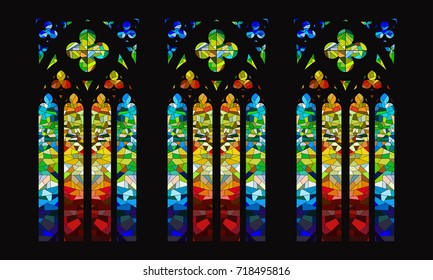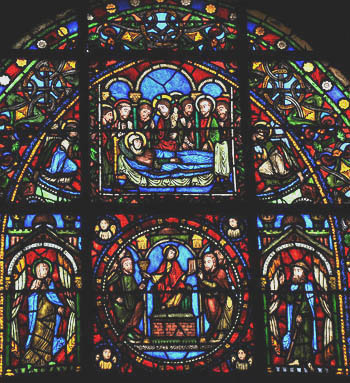Stained glass in strictly technical terms can be described as an assemblage of variously colored pieces of glass supported in a single flat plane by leads and fixed more or less permanently in a frame of stone wood or metal.
Uneven thickness lamination stained glass.
Thickness ranges for glass is.
Patterned glass can be laminated for both safety and design purposes and combined with mirror or tinted glass for a truly unique custom glass product.
Note that the polymer does not need to achieve the glass modulus value to impart efficient structural coupling.
It is only after these checks have been made that you can.
Flat glass comes in various thicknesses.
The design being expressed partly by the arrangement of the shapes of glass and leads and partly by the addition of glass paint and stains rendered impervious to.
8 laminated glass process design.
Our cast in place resin cip lamination procedure offers many options and advantages over traditional pvb laminates one of which is the ability to laminate very thin textured or uneven.
As logic would suggest thinner glass is more fragile than thicker glass.
The difference in thickness dictates the use of a particular glass for a certain application.
The glass experiment is most definitely not safety glass as that is toughened glass.
There are several things that need to be done for the present piece and for the future.
The effective laminate thickness approaches the total laminate thickness for stiff interlayers γ 1 and approaches the layered limit igu approximation for compliant interlayers γ 0.
Thick uneven pieces occasionally fused pieces come out of the kiln with one side thicker than the other.
Anyone wanting laminated glass cannot go wrong just going to a glazier.



























.jpg)
